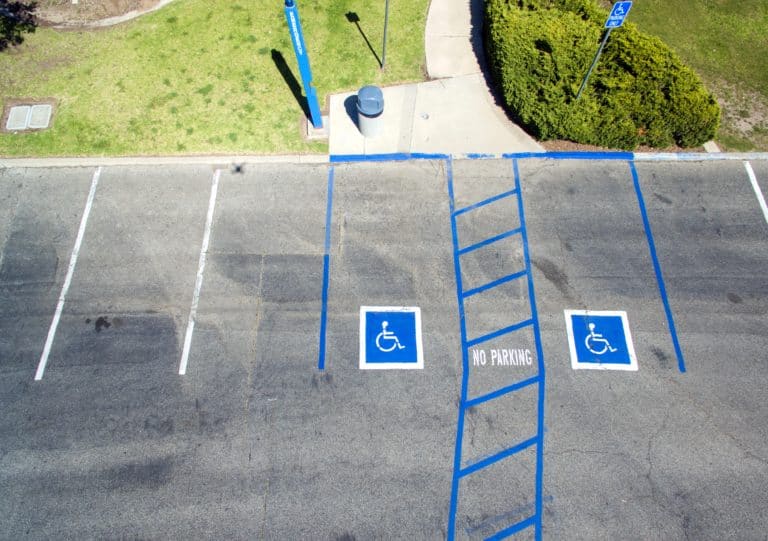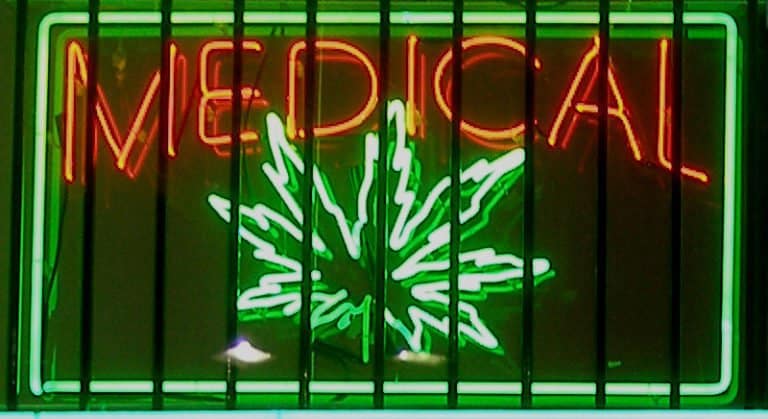Kezmen Clifton is a student at Harvard Law School.
For many students, attending law school is a stressful and exhausting experience. It’s no surprise that 96 percent of law students report experiencing stress – compared to 70 percent of medical school students. The Dave Nee Foundation found that in the first semester of law school, rates of depression among law students increase from just over 8 percent to just over 27 percent. During the final year of law school, more than 40 percent of students struggle with depression. These elevated rates of stress and depression are not confined to law school – practicing attorneys also suffer from higher rates of stress, depression, and even suicide than the general population.
In light of these facts, school administrations, advocates and other concerned parties are dedicating the time and resources to alleviate the barriers students encounter to seeking mental health support. The American Bar Association (ABA) created a Mental Health Awareness day to draw more attention to the problem, and schools across the country are increasing access to mental health resources.
While many schools offer mental health counseling and resources, many students still face barriers to access. For example, at Georgetown Law and Yale Law, students reported institutional impediments like long wait times and student health plan limits on therapy sessions. For others, the barrier is the potential risk of facing the stigma associated with mental health challenges.
In a 2014 report by Yale Law School, 30% of Yale Law students who said they had considered, but did not seek treatment for mental health problems, cited “fear of disclosure risk for the bar exam” as a reason why. As a reported 40 states ask some form of a mental health question on the bar application, many students understandably decide to forgo mental health treatment, lest it have negative implications for bar admittance.
Bar Examination Disclosure and the Americans with Disabilities Act
While many bar applications inquire whether an applicant suffers from any mental health disorders, it remains controversial whether such questions violate the Americans with Disabilities Act. In a 2014 settlement with the Louisiana Supreme Court, the Department of Justice made clear that the Americans with Disabilities Act (ADA) does not allow for overly intrusive questioning related to an applicant’s mental health history. Title II of the ADA prohibits state licensing entities “from imposing unnecessary eligibility criteria that tend to screen out individuals with disabilities.” The DOJ found that in the absence of “problematic conduct,” diagnosis and treatment are not effective signals to predict attorney misconduct. Louisiana has since modified its questions to meet the DOJ’s standards.
To comply with the ADA, state bar licensing entities must prove that any questions regarding an individual’s mental health diagnoses are “necessary” to protect the public. State Bar Associations must prove that questions regarding mental health are narrowly tailored, and necessary to protect public safety. However, an individual must bring a lawsuit in order to challenge an overly intrusive mental health question on a bar exam – something that many risk-adverse law students, especially those suffering from mental health issues, may be reluctant to do.
The American Bar Association’s Position
In August of 2015, the ABA issued a resolution urging bar licensing authorities to eliminate questions about mental health history, diagnoses, or treatment from their respective bar applications. The ABA suggested that bar examiners instead craft questions that illuminate certain conduct and/or behavior that could speak to an “applicant’s ability to practice law in a competent, ethical, and professional manner.” The ABA was careful to stipulate they are not prohibiting “reasonable and narrowly-tailored follow-up inquiries” into the applicant’s mental health history if the condition explains any conduct or behavior that would make an applicant unfit to practice law. While the ABA had an effect on the structure of the questions, their plea did not go far enough in eliminating the chilling effect of bar questions about mental health. In fact, some critics argue it added unnecessary ambiguity to the types of questions that should be asked.
What Are States Asking?
The level of intrusiveness of these questions varies state by state. As one could imagine, some states choose to ask only about actual conduct or behavior that can be explained by a mental health challenge while some ask about current mental health challenges only. On the more invasive end of the spectrum states ask about past diagnosis and treatment history. Because there is no national regulation of these questions, the range of questions is wide.
Only a handful of states forgo inquiry about an applicant’s mental health. For example, Illinois refrains from asking any questions about mental health or substance abuse. So far, there has been no indication that Illinois has a significantly higher rate of incidents related to lawyer misconduct as a result of this choice.
The National Conference of Bar Examiners (NCBE) is influential in this space as the NCBE performs the Character & Fitness analysis for a number of states. In light of the DOJ’s settlement with the Louisiana Supreme Court, the NCBE reexamined and more narrowly tailored its mental health inquiry in 2014. The NCBE’s questions now ask the applicant if she currently has “any condition or impairment (including but not limited to, substance abuse, alcohol abuse, or a mental, emotional, or nervous disorder or donation) that in any way affects your ability to practice law.” The broad nature of the questions adds a level of vagueness, as it does not specify what it means for a disorder to “affect one’s ability to practice law.”
Some states take more care than others to allay fears about a candidate’s likelihood of admission to the bar in light of an affirmative answer to whether or not they have mental health challenges. Most states that inquire about the mental health status of the applicant include a preamble that explains the state is not interested in certain types of assistance applicants may have sought like “counseling for smoking disorders” and that having received treatment for mental health or addiction does not automatically bar a person from admission.
For example, New York’s preamble states that “an applicant who has demonstrated personal responsibility and maturity” by seeking the help they need will not be barred so long as they can otherwise prove they’re currently fit to practice law. They make it clear that they are not interested in situational counseling and only care to investigate current impairments. But even in states that declare they won’t necessarily disallow applicants based on their answers to questions about mental health, the inquiries that students must face in light of disclosing that they seek treatment, like hearings on their mental health, are still potentially damaging.
On the other end of the spectrum is New Hampshire, which still asks about past treatment. If you currently have any condition including emotional or nervous conditions or disorders, which affects your ability to practice in any way, New Hampshire requires you disclose the names of any health care professionals who have treated you. The Committee even includes a note in the Character & Fitness application that they may request reports from your treating doctor. This type of invasive questioning in particular could have serious chilling effects on those considering or already receiving treatment.
Knowing the position of the ABA, DOJ, and the current state of mental health among law students and lawyers, one question remains: Why do we keep asking these questions? State bar examiners cite their duty to protect the public from anyone unfit to practice law as the reason behind these questions in the Character and Fitness portion of the bar. However, posing these questions does not prevent the profession from admitting people with mental health challenges, nor does it prevent the onset of mental health challenges in lawyers. In fact, inquiring about applicant’s mental health condition seems to instead exacerbate the problems we’re trying to eliminate. If we want to admit new lawyers of sound mind we should stop discouraging law students from seeking the help they need.










Daily News & Commentary
Start your day with our roundup of the latest labor developments. See all
February 13
Sex workers in Nevada fight to become the nation’s first to unionize; industry groups push NLRB to establish a more business-friendly test for independent contractor status; and UFCW launches an anti-AI price setting in grocery store campaign.
February 12
Teamsters sue UPS over buyout program; flight attendants and pilots call for leadership change at American Airlines; and Argentina considers major labor reforms despite forceful opposition.
February 11
Hollywood begins negotiations for a new labor agreement with writers and actors; the EEOC launches an investigation into Nike’s DEI programs and potential discrimination against white workers; and Mayor Mamdani circulates a memo regarding the city’s Economic Development Corporation.
February 10
San Francisco teachers walk out; NLRB reverses course on SpaceX; NYC nurses secure tentative agreements.
February 9
FTC argues DEI is anticompetitive collusion, Supreme Court may decide scope of exception to forced arbitration, NJ pauses ABC test rule.
February 8
The Second Circuit rejects a constitutional challenge to the NLRB, pharmacy and lab technicians join a California healthcare strike, and the EEOC defends a single better-paid worker standard in Equal Pay Act suits.